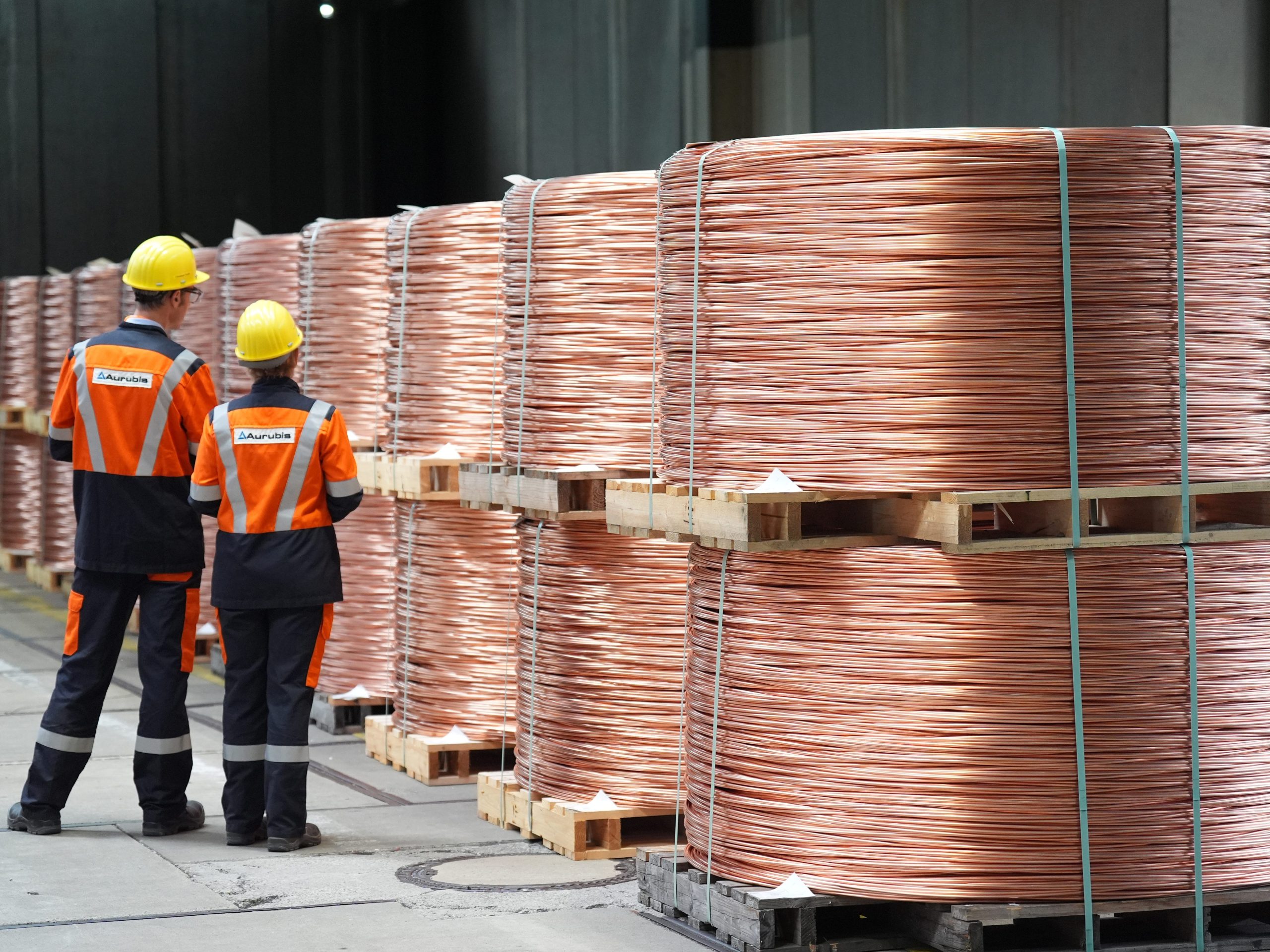Copper markets were thrown into disarray this week, catching many traders off guard as refined copper was unexpectedly excluded from new U.S. tariffs. This sudden policy shift has left firms with enormous stockpiles of the industrial metal and facing a sharp decline in market prices, fundamentally altering short-term commodity markets dynamics.
For months, traders had meticulously prepared for significant import duties on copper, a critical material used extensively across sectors like construction and transportation. The mere suggestion of these tariffs by the Trump administration earlier in the year had already sent COMEX prices soaring, prompting a frantic rush to import the metal before the anticipated August 1 implementation date.
The initial directive had indicated a broad application of the tariffs, leading to widespread speculation and strategic positioning within the global supply chain. Companies moved quickly to secure their inventories, believing a 50% duty on incoming shipments was imminent, setting the stage for the unforeseen market shock that followed the exemption.
However, the final ruling from the Trump administration clarified that the sweeping new duties would specifically target copper products—such as pipes, wires, and sheets—and notably not refined copper, the most frequently imported form. This crucial distinction invalidated months of strategic trade policy and investment for many importers.
The immediate consequence was a dramatic sell-off as the rationale for holding large, expensive stockpiles evaporated overnight. Exchange data highlights the extent of this stockpiling, with copper inventories at COMEX-registered warehouses skyrocketing an astonishing 170% to 253,431 short tons, reaching a 21-year high.
In stark contrast, global inventories at London Metal Exchange (LME) facilities have seen roughly a 50% reduction this year. This disparity vividly illustrates how extensively the metal was diverted towards the U.S. market in anticipation of the now-averted tariffs, showcasing a significant distortion in the international commodity flow.
Despite this immediate reprieve for refined copper, the White House has signaled that future tariffs remain a possibility. The Commerce Department has, in fact, recommended a phased universal duty on refined copper, proposing a 15% rate in 2027, escalating to 30% by 2028, indicating ongoing consideration of economic impact and trade leverage.
This episode serves as a powerful reminder of the volatility inherent in global trade and commodity markets when subject to evolving US economic policy. Traders are now left to navigate a sudden glut in supply, a depressed price environment, and the lingering uncertainty of future tariff threats, reshaping their immediate and long-term strategic outlook.




Leave a Reply